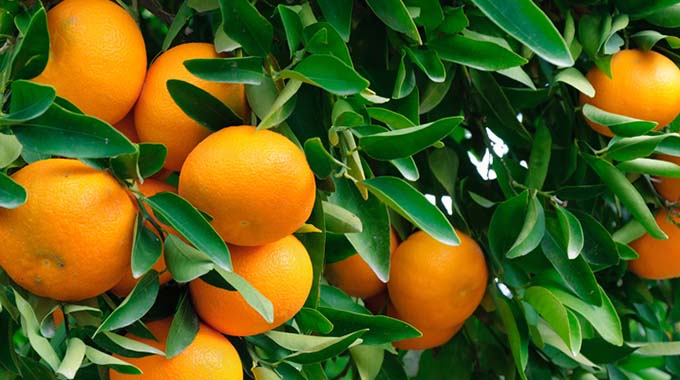‘Collective marketing gives pork producers better options’

Ashton Mutyavaviri
MARKETING challenges may be relegated to the dustbins of history for pork producers after the Zimbabwe Agricultural Growth Programme (ZAGP) launched a collective marketing initiative that seeks to support the farmers with better markets options and opportunities.
ZAGP communications and policy specialist Mr Kevin Maenzanise told this publication that the collective marketing style would involve a collaborative approach where multiple pig producers would work together and collectively market their products.
“Instead of operating as individual entities, pig producers form a group or cooperative to pool their resources, coordinate their marketing efforts, and enhance their market presence.
“Through the support of the Government, we managed to establish goat and pig producer groups/associations across 20 districts of operation to increase service provision to farmers. At provincial level, the project has helped establish two pig producers’ business syndicates in Mash East and West, which are self-organising groups of pig producers that offer value adding business services to members through collective business strategies,” said Mr Maenzanise.
ZAGP has so far assisted 1 097 pig producers through capacity building trainings (technical and non-technical trainings, syndicate development, formation of cooperative companies, information exchange platforms, policy and advocacy) and more than 60 percent directly through initiatives such as collective action, for example, feed, vaccines, transportation, marketing), and superior genetics, including semen, smart subsidies grants, for example, feed grants, breeding stock), feed loans through formal banks and access to Harare markets, added Mr Maenzanise.
He further observed that the collective marketing initiative presented pig producers with increased market power, cost efficiency, market diversification, quality assurance, market intelligence, knowledge sharing, and industry representation.
“By collaborating and leveraging smallholder collective strength, pig producers can enhance their competitiveness, expand market opportunities, and ensure the long-term success of the industry at national level and beyond,” he added.
Mr Maenzanise explained that the initiative guaranteed farmers of access to fairly priced high performing pig genetics (joint buying and transportation), and increased the adoption of pig production standards and common quality assurance protocols through localised training and information sharing platforms.
Additionally, the initiative offers pig producers with cost effective transactions through aggregation of produce and shared transport to slaughter, and the collaboration to invest in collective slaughter, cold storage and marketing of pork and pork meat products in Harare and other markets at fair prices.
It also provides rural communities with market access, value addition, fairer returns, capacity building, infrastructure development, networking opportunities, and general community empowerment.
By working together, rural communities can unlock their potential, improve livelihoods and create sustainable economic growth.
“The project’s aim is to improve production, organisational efficiencies, and market competitiveness in the supply of safe quality-assured livestock and meat products from socially inclusive, environmentally sustainable, and certifiable pork value chains (PVC) along Mash East and West production corridors feeding into Harare meat market. The project also seeks to ensure there is a favourable agribusiness policy environment for smallholder farmers to operate more effectively and competitive,” he explained.









Comments